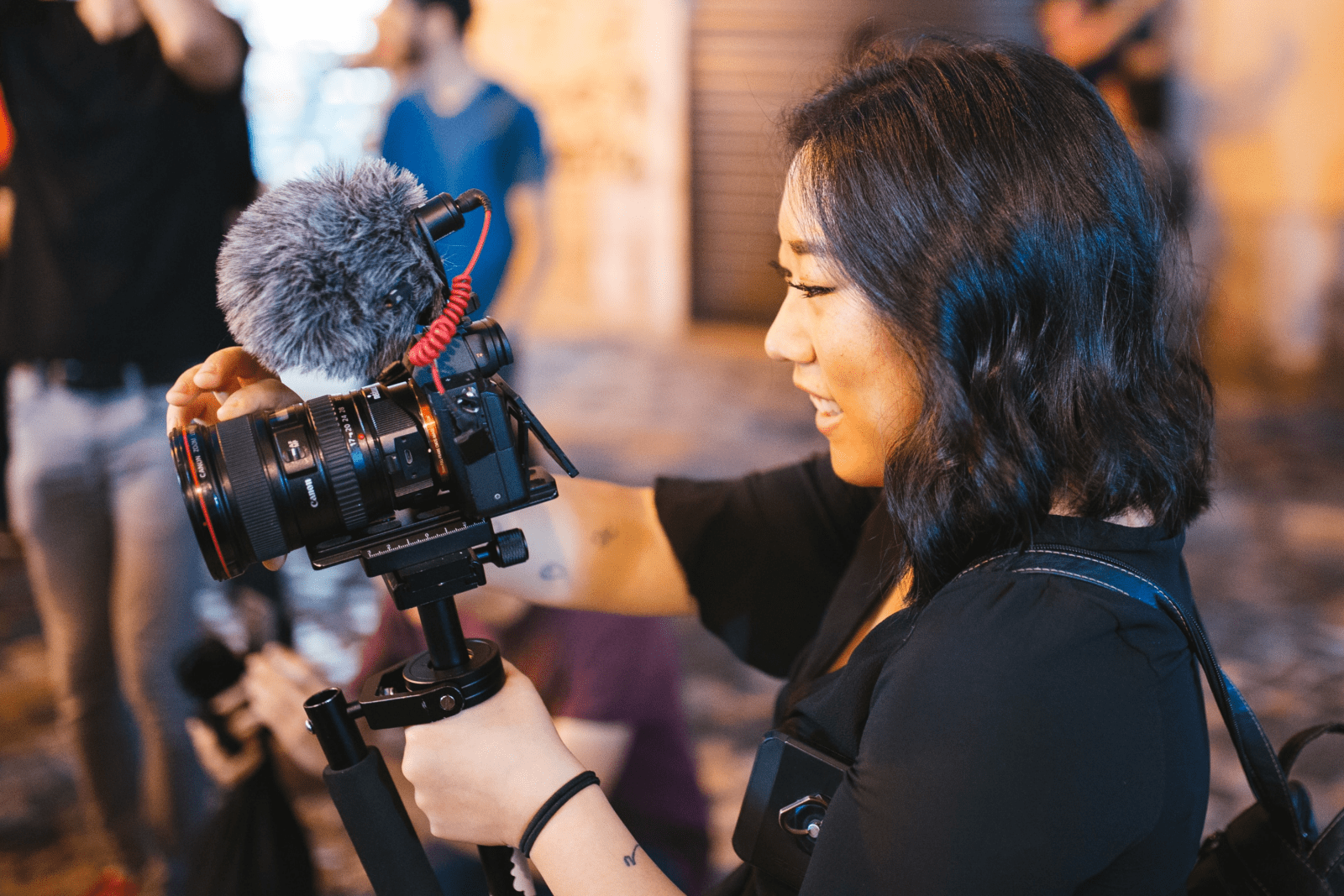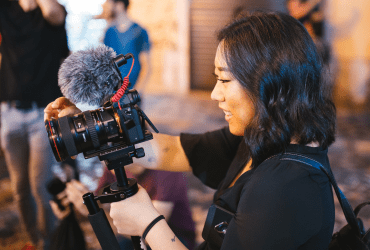The Fund for Investigative Journalism is accepting proposals for regular grants (up to $10,000 for full investigative stories) and seed grants for early reporting (up to $2,500). Proposals for regular grants are due on May 5 at 11:59 p.m. Eastern, and applications for seed grants are due on May 9 at 11:59 p.m. Details are below.
Free coaching on grant proposals
The Fund is offering free coaching on grant proposals during the week of April 21. Eligible journalists can book 50-minute sessions with coaches to help sharpen, focus and strengthen investigative proposals before submitting them.
To request free coaching, please send a one-paragraph summary of your proposed investigation to [email protected] no later than April 18. If your story meets our eligibility criteria, you will receive information to book a coaching session for the week of April 21.
Details on two types of grants available
Full information about eligibility criteria, application instructions, an FAQ and videos with tips are online at www.fij.org. Two types of grants are available:
Regular grants – deadline May 5
- The Fund provides grants of up to $10,000 for investigative stories on any topic and in all forms of media.
- Grants are paid directly to freelance reporters or media outlets for expenses related to investigations, including travel costs, records fees, reporters’ time and other expenses.
- Applicants must have a letter from a U.S. outlet committing to run the story. Journalists submit a proposal with the story’s investigative and accountability focus, initial findings and reporting plan. The application also includes a budget explaining what expenses the grant would cover.
Seed grants – deadline May 9
- The Fund provides grants of up to $2,500 for initial reporting and research that can help flesh out and define investigative stories.
- The grants are primarily for freelance journalists, and they can be used to cover records fees, travel, research, reporters’ time and other expenses.
- Applicants do not need a commitment from a publisher. These grants help yield initial findings that reporters can use to secure a commitment to publish and apply for a full grant from the Fund or other sources. Journalists submit a shorter narrative explaining the investigative story idea and what expenses the grant would cover.
In addition to funding, journalists who receive grants can receive free editorial and legal support.
The Fund’s board of directors, all accomplished journalists, reviews grant proposals and decides which to approve. Applicants will be notified of decisions in mid-June.
##




